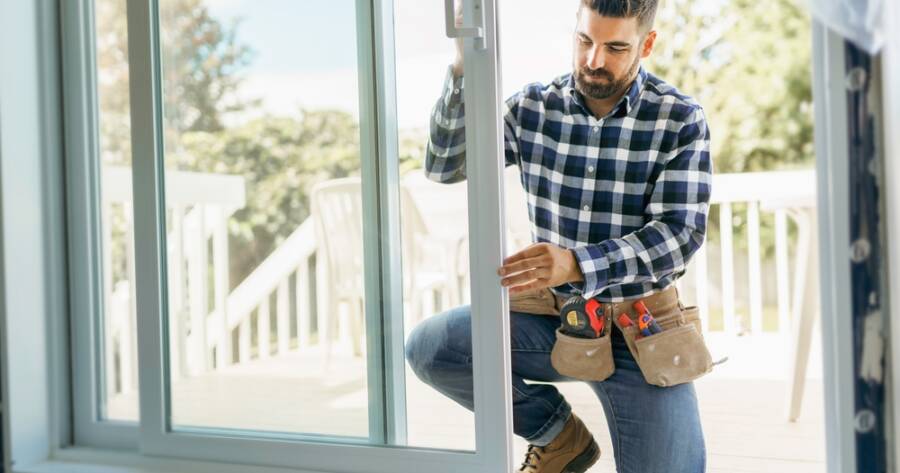Grants and rebates offer significant financial support for U.S. homeowners considering door replacements. With options ranging from federal grants to local subsidies, modern programs address safety, efficiency, and accessibility. Tailored eligibility criteria and available tax credits enhance affordability, providing a comprehensive approach to funding essential upgrades. Understand the pathways to improve home safety and energy efficiency effectively.
Understanding Grants and Rebates for Replacement Doors
Homeowners in the United States seeking to replace doors may be eligible for various financial assistance options, including grants and rebates. These programs are designed to aid homeowners, particularly those in need, by reducing the overall cost of necessary home improvements.
While door replacement isn’t solely cosmetic, it can be essential for maintaining safety and energy efficiency in a home. Due to the nature of such improvements, numerous grant programs focus on addressing health and safety hazards, making them a valuable resource for homeowners.
Types of Grants Available
A variety of grants targeting door replacements are available, primarily through federal and local government initiatives. The U.S. Department of Agriculture (USDA) offers Single Family Housing Repair Grants for eligible homeowners. These grants aid particularly in making structural improvements, such as door replacements, to promote safety and accessibility.
Programs managed by the Veterans Affairs, too, offer tailored grants like the Specially Adapted Housing (SAH) for eligible veterans. Meanwhile, organizations like Habitat for Humanity may provide essential repair assistance, focusing on communities impacted by natural disasters or financial hardship.
Eligibility Criteria for Grant Programs
Eligibility for these grant programs is typically based on several factors, including income, residency status, and specific needs for repair. The prioritization is often directed towards senior citizens, low-income families, veterans with disabilities, and individuals in financially challenging situations.
Proof of income, documentation of residency, and a demonstrated need for the repair are common requirements for applicants. It is crucial for individuals interested in such programs to thoroughly research and prepare necessary documentation, as each program might have specific application steps and deadlines.
Federal Tax Credits for Door Replacements
In addition to grants, homeowners can benefit from federal tax credits designed to encourage energy-efficient home improvements. Through December 2025, these tax credits allow homeowners to offset the costs associated with purchasing energy-efficient doors.
Homeowners can claim a 30% credit on the cost of replacing their exterior doors, with a maximum of $250 per door and $500 in total for a single taxable year if the property is their primary residence. Notably, these tax credits cannot exceed the homeowner’s tax liability for the year, and they must be claimed within the applicable tax year.
Alternative Financial Assistance Options
When grants and tax rebates are insufficient or unavailable, homeowners have additional financial assistance avenues to explore. Programs such as the HUD Title 1 property improvement loan program and 203(k) rehabilitation mortgage insurance provide low-interest loans for repairs and improvements. The Home Equity Conversion Mortgages (HECM), available for homeowners over the age of 62, offer a government-insured reverse mortgage option to use home equity for repairs.
Why You Should Learn More About Replacement Door Grants and Rebates Today
Exploring grants and rebates for door replacements can result in significant financial savings while enhancing the safety and comfort of your home. With multiple programs offered at federal, state, and local levels, understanding diverse eligibility requirements and financial assistance options is vital. Whether by accessing grants, tapping into valuable tax credits, or utilizing low-interest loans, homeowners can effectively manage and fund essential home improvements.
However, it’s imperative to stay informed about application processes, potential scams, and compliance with necessary conditions to ensure a seamless experience. By delving deeper into available opportunities, homeowners can make informed decisions that align with both their financial goals and home improvement needs.

